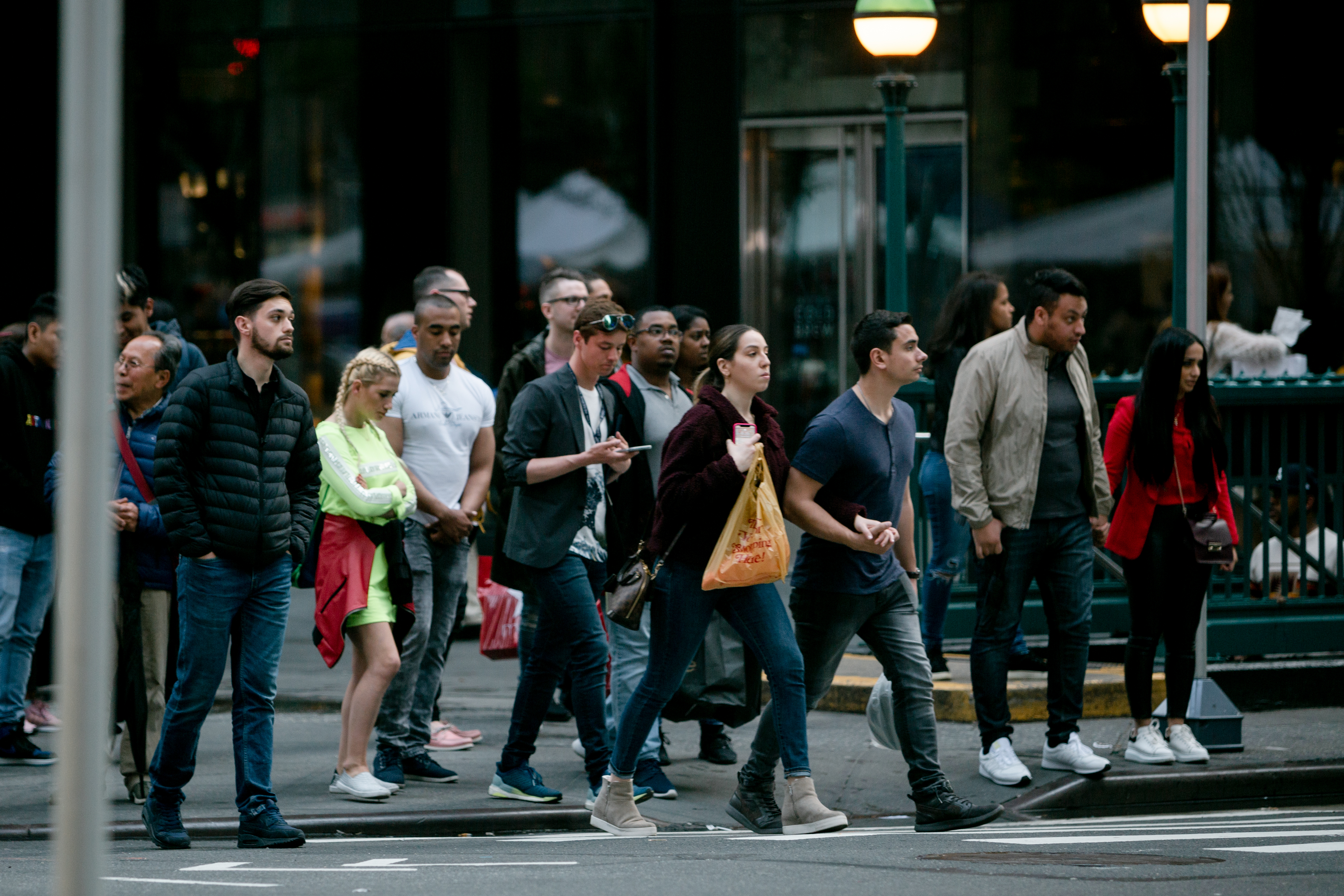“He who does his work like a machine grows a heart like a machine.”[1]
Those are the provocative words of Werner Heisenberg. The idea is that our machines, whether they are simple technological tools or incredibly advanced machines, have the intrinsic ability and ultimate telos to harm us more than heal us. They bring corruption instead of wholeness.
But the immediate reaction to such sweeping claims can be rather objectionable. Do we really want to give up computers (the very tool I am using to type this essay on!), mobile phones, or, heaven forbid, modern indoor plumbing? Certainly not all technology could have such malevolence. But even further, many point to the great utility of the growing suite of technological tools like ChatGPT. For instance, recently Jacob Haley has argued for these as goods. Instead of growing in us a heart like a machine, they enhance productivity. They enable pastors and students to steward their resources and responsibilities well. In this way, they should be deployed like any other tool—as a means to a greater end.
Even so, I deeply disagree. Technology is no mere neutral tool. Indeed, nothing is simply neutral. Every form of technology has latent danger, some much greater than others. And tools like ChatGPT, while they do have a specific role and shouldn’t be universally avoided, should be very carefully employed for their specific end, if at all. These tools have the potential to make us deeply irrational, slaves to vice, and ultimately unhuman. This latent nefarious potential is so potent and corrupting that while tools like ChatGPT can theoretically be employed harmlessly, even beneficially, the risk is not worth the reward. Indeed, the reward of intellectual discovery is ultimately available through other more satisfying means. While this may sound like a luddite’s unrealistic paradise, I encourage you to read on and consider with me.
To mirror Jacob’s own triumvirate of reasons in favor of ChatGPT I offer my own three stranded cord against it and technological tools like it. Cheeky as it may sound, ChatGPT would never have been so creative, so here I stand.
1. Technology like ChatGPT teaches us to be irrational
Here is the problem. ChatGPT can do simple arithmetic. That is its purpose: to mine vast fields of data and to compile information based on large algorithms. But it cannot complete original complex tasks that require creativity, imagination, or reason. It can imitate creative actions of humans like composing a poem or song, but these remain random amalgamations of data instead of true creative output. It can find the prices of local restaurants in simple fashion, functioning similarly to Google with an automated excel calculation. It can quickly search the internet for summaries on various well-known topics. But these simple data queries are simply enhanced versions of Google. As such, they are just as unreliable as Google. And yet many treat ChatGPT with a degree of trust that isn’t earned. It is treated as though it can assist with important research and idea generation in a trusted manner. But it cannot. Just as Wikipedia can be read and be true in many instances, it is not a source to be trusted. Nor is it a source to regularly rely on.
But ultimately, no technological tool can complete the complex analysis that is inherent to rationality alone. Rationality is a God-given natural gift that cannot be created on our own. Technology is a mere artifact, devoid of a rational soul. To attempt to create a machine that can function in this way is a recipe for failure. The thirst for a design that ultimately replaces naturally created reality usurps the creative design of our Creator. Before we know it, this path has all too often led us to slavish dependence that stifles rational thinking instead of generating more.






No comments have been added.